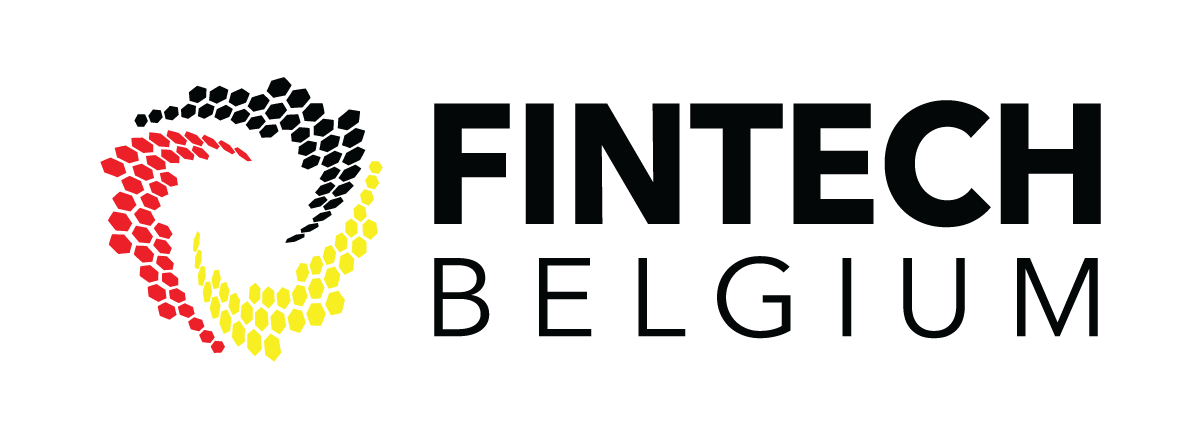Fintech - The next disruptive frontier
New financial technology (fintech) such as the blockchain, mobile payments and crowdfunding are being touted as having potentially transformative effects.We examine some of the key developments.
AT A GLANCE
New technology is encouraging a boom in financial services innovation, and drastically lowering barriers to entry in the industry.
There is significant scope for the adoption of faster payments technologies.
Emerging markets are a hotbed of payments innovation.
The blockchain could deliver big efficiency gains for financials.
Crowdfunding is powering a wave of startup innovation.
Alternative lending may, however, be a more cyclical phenomenon.
The best fintech is likely to be about doing old things in a more productive way, rather than doing completely new things.
BOOMING INVESTMENT IN FINTECH
In recent years, a number of industries have been affected by disruptive innovation, driven by a broader collapse in barriers to entry and business start-up costs prompted by the internet revolution. The impact of Airbnb on hotels and Uber’s ‘war’ on incumbent taxi firms are two of the best recent examples. Now it appears to be finance’s turn to be disrupted, with growing interest in ‘fintech’ innovations that challenge incumbent players.Global investment in fintech ventures was up from US$4.1 billion in 2013 to $21.2 billion just a year later. Expectations of significant change in the industry are growing with many arguing that finance is ripe for disruption. Dissatisfaction with incumbents is conducive to fintech acceptance, with banks in particular suffering much opprobrium in the wake of the global financial crisis. These attitudes are particularly strong among young people. 71% of US millennials in one survey said they’d rather go to the dentist than listen to their banks, while four US banks ranked in the 10 least-loved brands.This supportive backdrop is encouraging the entry of challenger banks with potentially disruptive new models such as proposed smart-phone bank Mondo, which offers phone based banking with digital spending and budgeting analytics. Mondo caught the attention of investors with a successful round of capital raising, partly via crowdfunding – indeed, it broke records for being one of the fastest crowd-raises ever. Atom and Tandem are two other examples of ‘next-gen’ banks seeking to challenge the established players.
Source: Fidelity - Fintech: The next disruptive frontier
